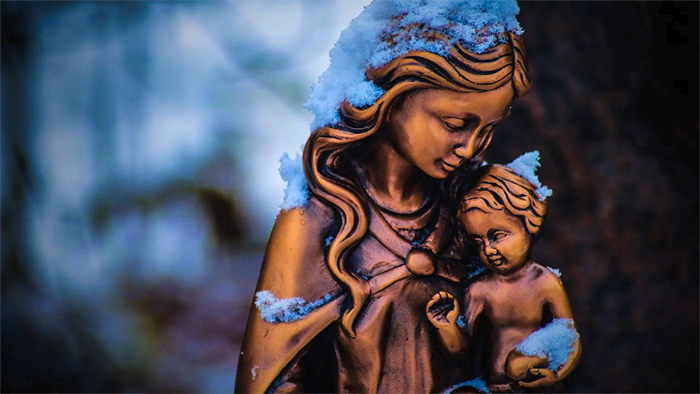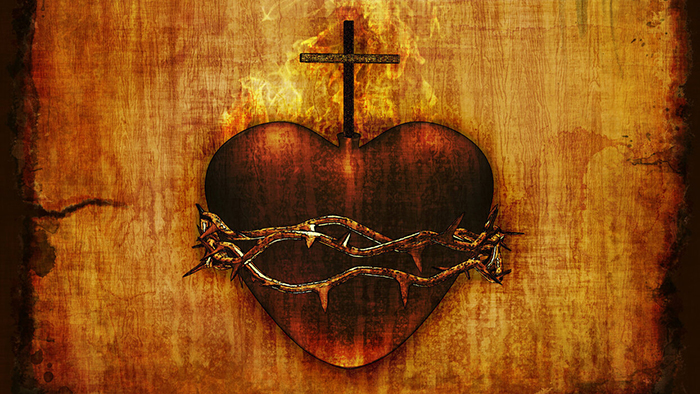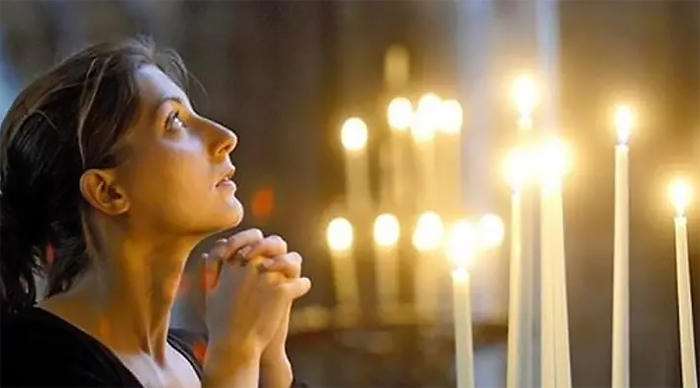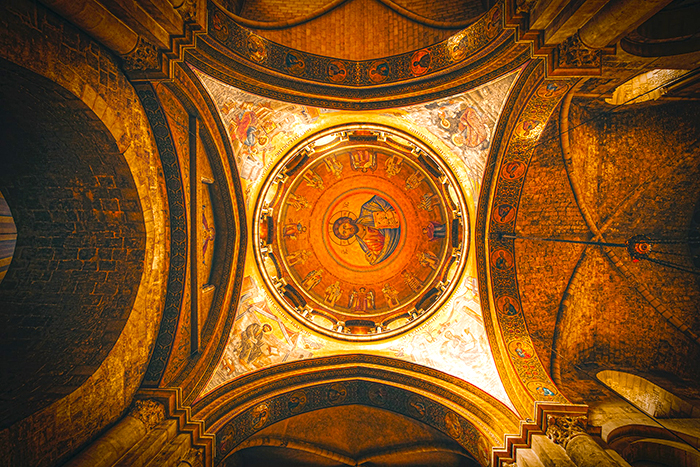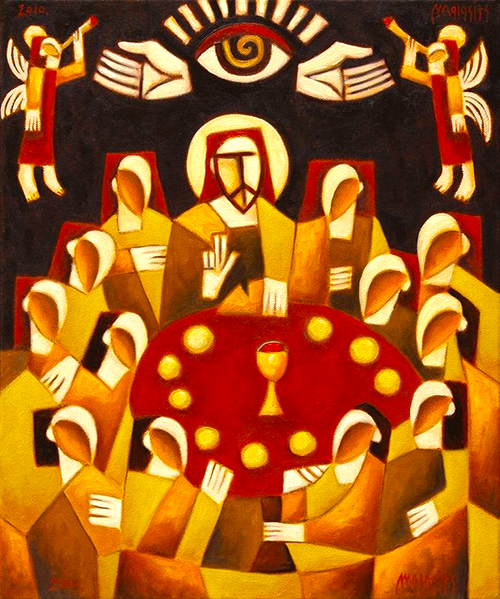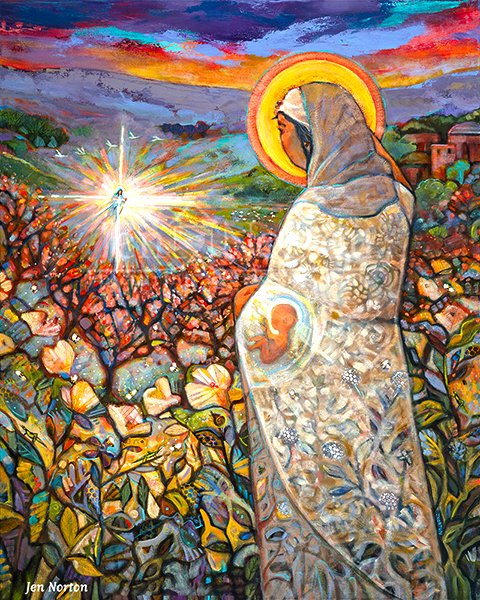
The Greek word (makarios) that can be rendered as “happy” or “blessed” denotes blessedness or happiness not in the sense of an emotional state but in terms of being in a fortunate situation. Jesus’ opening statements in the Sermon on the Mount echoes a standard literary form found in ancient Egyptian, Greek, and Jewish literature known as the beatitude. In the Old Testament, the beatitude typically includes an introductory phrase such as “Blessed is the one …” that is followed by a statement about the fortunate situation or condition in which the person finds himself. Sometimes the beatitude is linked with a promise of reward for that person. The beatitudes announce that the blessings of the New Covenant will be fully realized in heaven. Some of them do promise blessings that are partly enjoyed in this life, but all of them look beyond the struggles and hardships of this life to the eternal blessedness of the life to come. Jesus’ beatitudes represent a reversal of values, turning the world’s standards for happiness upside down. It is a teaching of the path of perfection we seek to walk on earth, knowing that we are being formed by chiseling away worldly attachments to uncover the beauty of what has been placed in our hearts. An excellent way to view the beatitudes is presented by Bishop Robert Barron’s turn of a phrase that brings these saying into an application methodology we can apply to our own lives: “Blessed are the poor in spirit…”How lucky you are if you’re not addicted to material things so that your deepest desire is for God; “Blessed are they who mourn…” How lucky are you if you are not addicted to good feelings as doing the will of God sometimes involves the acceptance of enormous pain; “Blessed are the meek…” One of the greatest seductions the world holds out to us is power. How lucky you are if you eschew worldly power so that the power of the will of God might reign in you. Jesus thus challenges his followers to see life from God’s viewpoint, not the world’s. When followers of Christ live by God’s standards, they are truly in a fortunate state in life, no matter what their circumstances may be, for they bring a glimmer of the joy and hope of the heavenly kingdom into the afflictions of the present-day world.


